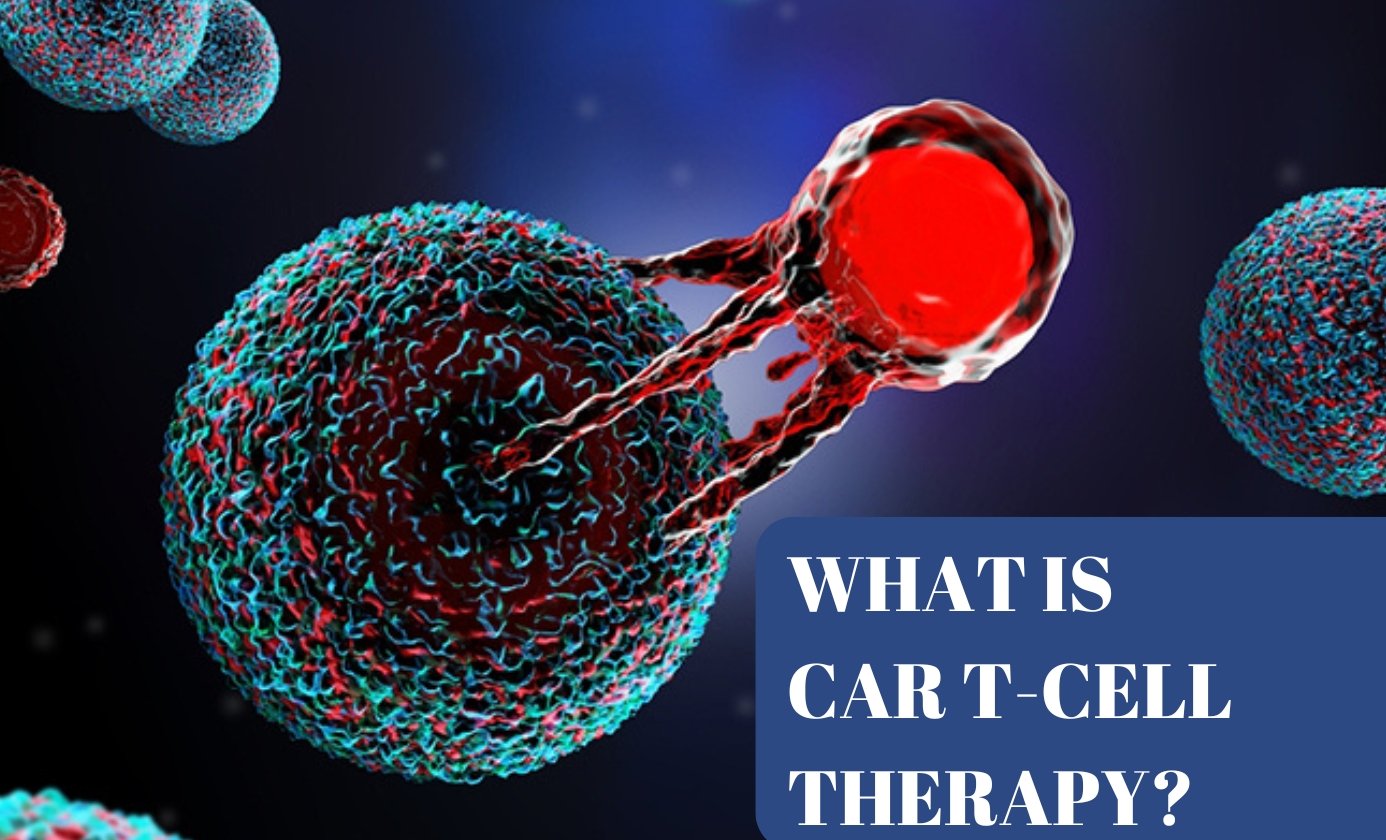
Certainly! Let’s delve into the fascinating world of CAR T-cell therapy, a cutting-edge approach in the fight against cancer.
Understanding the Basics
Our immune system is like a vigilant security force, constantly patrolling our body to identify and neutralize any threats. One of its key players is the T cell, a type of white blood cell. These T cells have special receptors that allow them to recognize foreign invaders, such as viruses or bacteria. Think of these receptors as the “keys” that fit specific “locks” on the surface of these invaders.
Now, imagine if we could reprogram these T cells to specifically target cancer cells. That’s where CAR T-cell therapy comes into play.
What Is CAR T-Cell Therapy?
Chimeric Antigen Receptor (CAR): The name might sound complex, but let’s break it down. “Chimeric” means a combination of different parts. In this case, we’re combining a receptor (the “lock-and-key” system) with an antigen (a specific protein found on cancer cells). This hybrid receptor is the CAR.
Lab Transformation: Here’s the magic: We collect T cells from the patient’s blood. In the lab, we genetically engineer these T cells by adding the CAR gene. Essentially, we equip them with a new set of keys that fit perfectly into the cancer cell locks.
Targeting Cancer: Once modified, these CAR T cells are infused back into the patient. They now patrol the body, seeking out cancer cells. When they encounter a cancer cell with the matching antigen (like a wanted criminal), they latch on and unleash their attack. It’s like turning our immune system into a precision-guided missile system!
Personalized Medicine
Custom-Made CARs: Each CAR is tailor-made for a specific cancer type. For instance, if a patient has leukemia or lymphoma, we create CAR T cells that recognize an antigen called CD19 found on those cancer cells. These CAR T cells won’t work against other cancers lacking CD19.
Process: The journey from collecting T cells to infusing CAR T cells takes several weeks. During leukapheresis, we separate T cells from the patient’s blood. It’s like assembling an elite task force.
Impact
Last Resort: CAR T-cell therapy shines when other treatments falter. It’s our secret weapon against stubborn cancers.
Side Effects: Like any superhero, CAR T cells can be intense. They might cause a cytokine storm (a fancy term for immune overdrive) or neurological symptoms. But fear not! Our team monitors patients closely and manages any hiccups.
Recommend: Understanding Testicular Cancer: Diagnosis, Treatment, and Prognosis
Hope on the Horizon
CAR T-cell therapy is revolutionizing cancer treatment. It’s a beacon of hope for patients who’ve faced setbacks. As an oncologist, I’m thrilled to witness this scientific marvel unfold. Remember, our immune system is a force to be reckoned with, and CAR T cells are its elite soldiers.
So, next time you hear about CAR T-cell therapy, know that it’s not just science—it’s hope, courage, and a relentless fight against cancer.
Stay informed, stay hopeful, and let’s keep marching toward a cancer-free future! 🌟
Citations:
(1) CAR T-cell Therapy and Its Side Effects – American Cancer Society. https://www.cancer.org/cancer/managing-cancer/treatment-types/immunotherapy/car-t-cell1.html.
(2) Everything to know about CAR T cell therapy – Medical News Today. https://www.medicalnewstoday.com/articles/car-t-cell-therapy.
(3) CAR T-cell therapy | Cancer Research UK. https://www.cancerresearchuk.org/about-cancer/treatment/immunotherapy/types/CAR-T-cell-therapy.
(4) CAR T-Cell Therapy: What It Is & How It Works – Cleveland Clinic. https://my.clevelandclinic.org/health/treatments/17726-car-t-cell-therapy.
As an oncologist, I am often asked about the role of diet …
Welcome to our comprehensive blog on ovarian cancer. As an oncologist, I …
Colon cancer, also known as colorectal cancer, is a significant health concern …
In recent years, HPV and throat cancer have become increasingly linked. While …
As an oncologist specializing in the treatment of brain cancer, I’m deeply …
Bladder cancer remains a significant concern in the realm of oncology, impacting …
